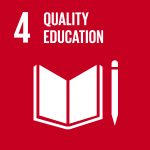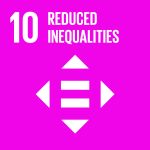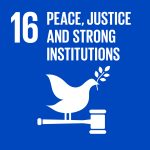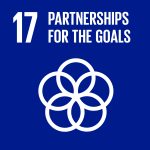Refugee Teaching Certification Program for Egyptian and Refugee Teachers Enabled by Blended Learning (RefTeCp)
Description
Institution
Frederick University
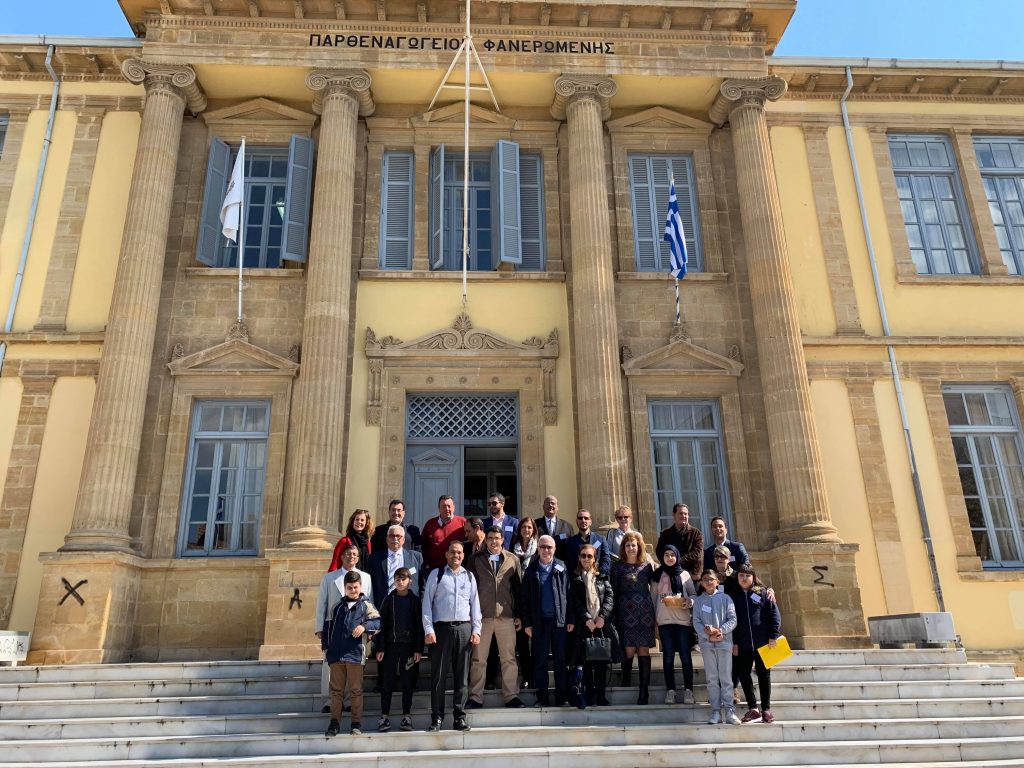
Organizations/areas of the university involved
Frederick University, Cyprus (Leader), University of Crete (Greece), Aswan University (Egypt), Al Azhar University (Egypt), Heliopolis University (Egypt), Zagazig University (Egypt), October 6 University (Egypt), SDF Foundation (Egypt) and RCE Crete (Greece)).
Country
CYPRUS
RefTeCp is a European Commission funded project (Erasmus + CBHE) that focuses on embedding refugee pedagogy into course curricula and develop a Diploma program on refugee teaching and pedagogy.
RefTeCp focuses on the critical issue of refugee right to access and quality education directly addressing SDG4, SDG10, SDG16 and SDG17. There is need of a refugee-centered pedagogy that most teachers, even refugee teachers, do not possess. Refugee teachers in Egypt estimated to 4000 with 500 working in the Syrian community schools face considerable constraints in accessing certified in-service training. NGOs and other organizations have gone some way to addressing refugee children’s schooling, but their interventions are not tied to educational pathways that lead to certified lasting programs. Given the current situation in Egypt, there is lack of effective, job-embedded professional development for teachers to address refugee children’s education. RefTeCp responds to a cross-cutting priority by giving access to refugee teachers to the Egyptian Higher Education through a post-graduate diploma. Through the development of a blended in-service teacher training program in four Universities in Egypt (Al Azhar University, Aswan University, Zagazig University and October 6 University), academic staff are able to revise their courses to address refugee children needs. RefTeCp develops innovative teaching, learning and curriculum materials connecting SDGs with the UN internationally celebrated days focusing on refugee-related themes. The development of a Euro-Arab Network of Refugee Teachers will link up teachers teaching refugee children in host countries in Europe, in Middle East and North Africa as well as globally. It is envisioned that refugee and migrant children will not continue to miss out on vital schooling. Both Egyptian and refugee teachers will have access to a certified professional development program delivered in each partner university which will have considerable impact on refugee children education opportunities. There will be a shift from attending schools organised by the refugee community which offers limited accessibility and coverage of cognitive needs to the public Egyptian schools which will have teachers trained in tackling the educational and socio-psychosocial needs of the refugee children.
Results and impact measured or expected
RefTeCp involved more than 1500 students and 150 professionals in needs analysis using surveys, SWOT analysis and focus interviews. Through its capacity building program 50 academic teaching staff, 15 administrators and 20 staff from NGOs/Civic Societies were trained to get involved in the revision of 70 undergraduate courses infused with refugee teaching and learning issues as well as the development of 10 courses for a Diploma program targeted to Egyptian and refugee teachers. More than 500 in-service teachers (Egyptian & refugee teachers) along with 120 in-service teachers have been trained to function as peer coaches and mobile mentors during the full implementation of the diploma program. Two MOOCs were developed supported by the development of appropriate technical infrastructure in the four Egyptian Universities. A Euro-Arab Network for Refugee Teachers has been developed which is envisioned to play a pivotal role for the promotion of refugee teaching regionally and globally.

Tags
Connection with the SDG framework
RefTeCp developed inter/cross-disciplinary teaching and learning materials using two innovative approaches. The first connects each of the 17 SDGs with 1-2 annual international/world days declared mostly by the United Nations and UNESCO relevant to refugee issues. Teaching and learning activities developed cross-cut the themes of the international days and are suitable for either primary or secondary school learners enabled by ICTs. The second approach infuses SDGs in the undergraduate courses in the faculties of education and the RefTeCp Diploma courses leading to a certification of Egyptian and refugee teachers on refugee pedagogy. Both approaches contribute to ensuring inclusive and equitable quality refugee education (SDG4); provide access to education and learning opportunities for refugee children and teachers reducing inequalities (SG10); and promote peaceful and inclusive societies and justice (SDG16) through a Euro-Arab partnership for sustainability justice (SDG17).
Barriers and follow up
Although most of the partner universities have been part of previous capacity building projects over the past 10 years, there are a number of barriers experienced and still numerous challenges to face with. One key barrier that caused a number of problems for implementing project activities is the Covid-19 pandemic. The education disruptions caused to academic institutions, and the increased demands for adjustment to new situations has pushed the project coordination towards the reorientation of some tasks in terms of time and method. Another barrier is the slow-down in decision making, especially in the accreditation process of the Diploma program. One of the solutions provided was the extension of the delayed project activities.
Transferability of the initiative
RefTeCp fosters an environment that is conducive to scale-ups. Priority was given to refugee teachers from the Syrian community as well as to motivated Egyptian public-school teachers. Adapted scale-up interventions to better support refugee teachers’ coaching and mobile mentoring to adjust in current and future needs, especially for on-the-job training and education disruptions. Use tailored and targeted initiatives as a method to bridge the non-formal refugee school education to formal school education. Transferability through a “Between-Within” strategic model. This included, the sharing and disseminating innovative teaching practices and transversal skills to support course curriculum reforms and revisions in other subject areas, transferring the ECTS to the undergraduate courses revised and the Diploma program on refugee pedagogy. The Euro-Arab Network of Refugee Teachers will boost activities and provide a resource that will result in making a positive difference on refugee education issues both in Egypt, the Middle East region and Europe.
Education 4 SDG funciona gracias a WordPress
